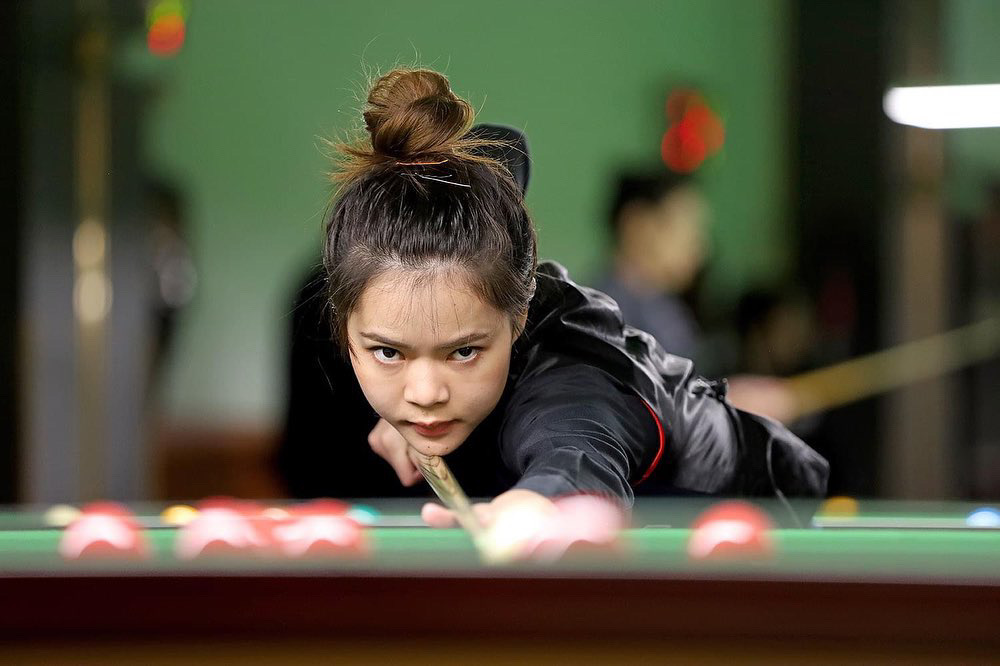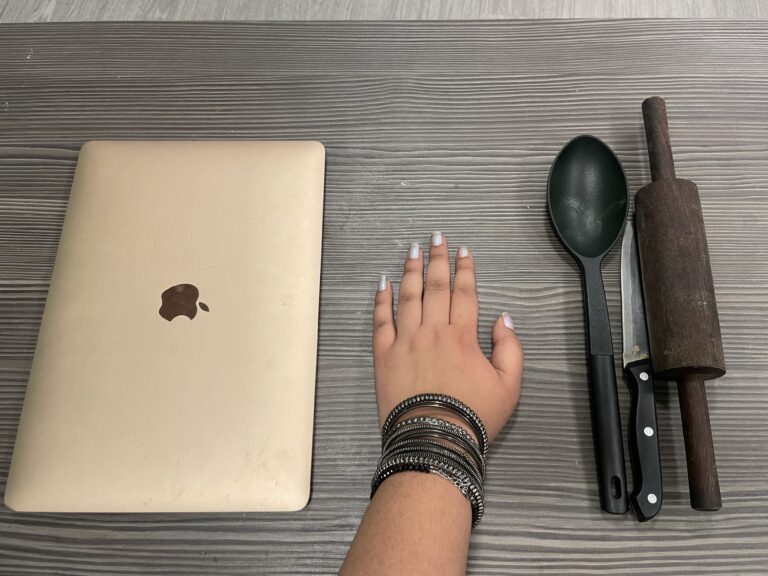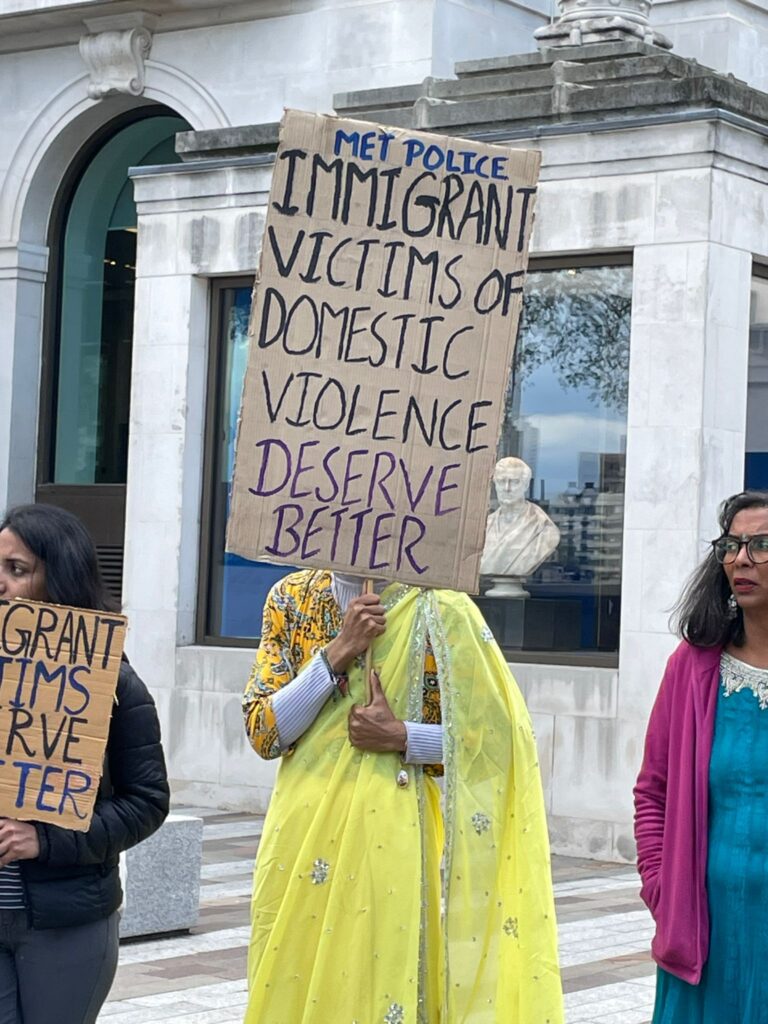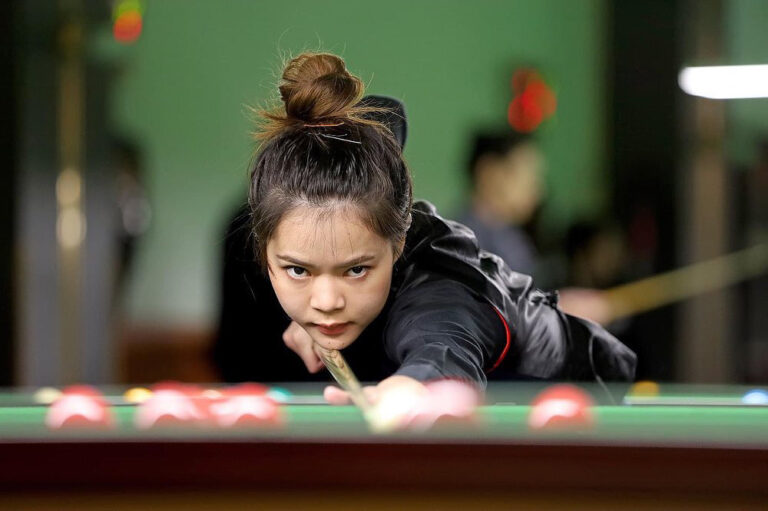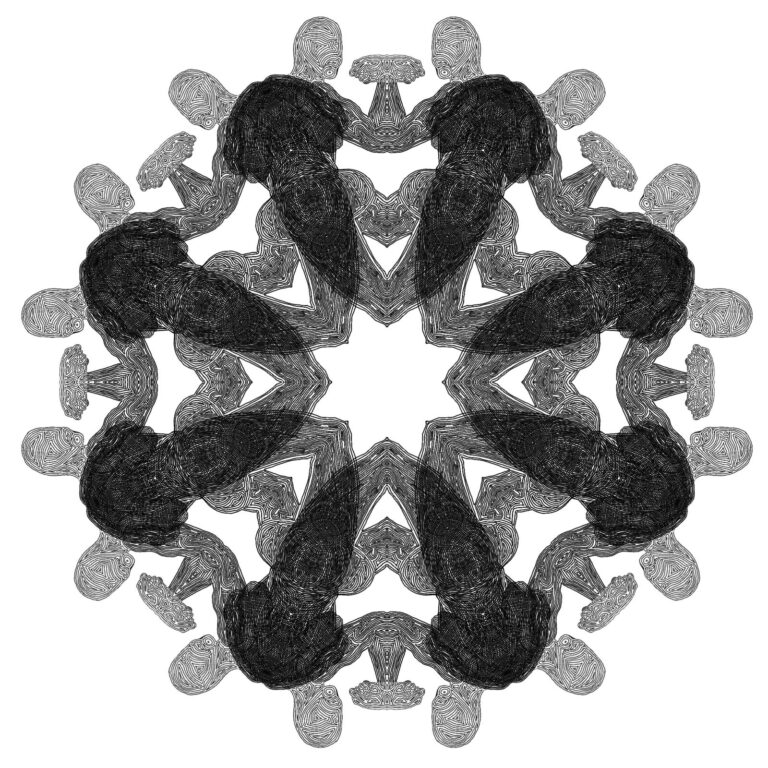Current women’s World Champion, Baipat Siripaporn (Credit: World Women’s Snooker)
12-time women’s world champion, Reanne Evans, publically referred to the prize fund for the World Women’s Snooker World Championship as “disgusting” earlier this year. With the BetVictor Snooker Championship League starting today, it is a reminder of the vast difference in prize money.
All snooker players must qualify to compete on the official, mixed-gender World Snooker Tour (WST). Women have continually faced difficulties in qualifying for the WST. And when they have, staying in the competition past the first stages.
There is a vast difference in prize pools between the WST and other competitions. Players on the WST can win up to £500,000 in some competitions. Whereas the winner of the World Women’s Snooker Championships can earn only a derisory £8000.
Jasmine Bolsover, 23, the 2015 World Women’s under-21 Champion, is funding her own snooker journey. She attends the majority of competitions in the UK, but says she does not compete abroad. She was disappointed to have missed this year’s championships in Thailand because “the expenses for flights and hotels are so great and the prize money prospects aren’t significant enough to warrant going out there yet.”
Bolsover feels that if a women’s tour is introduced, prize money and funding would increase.
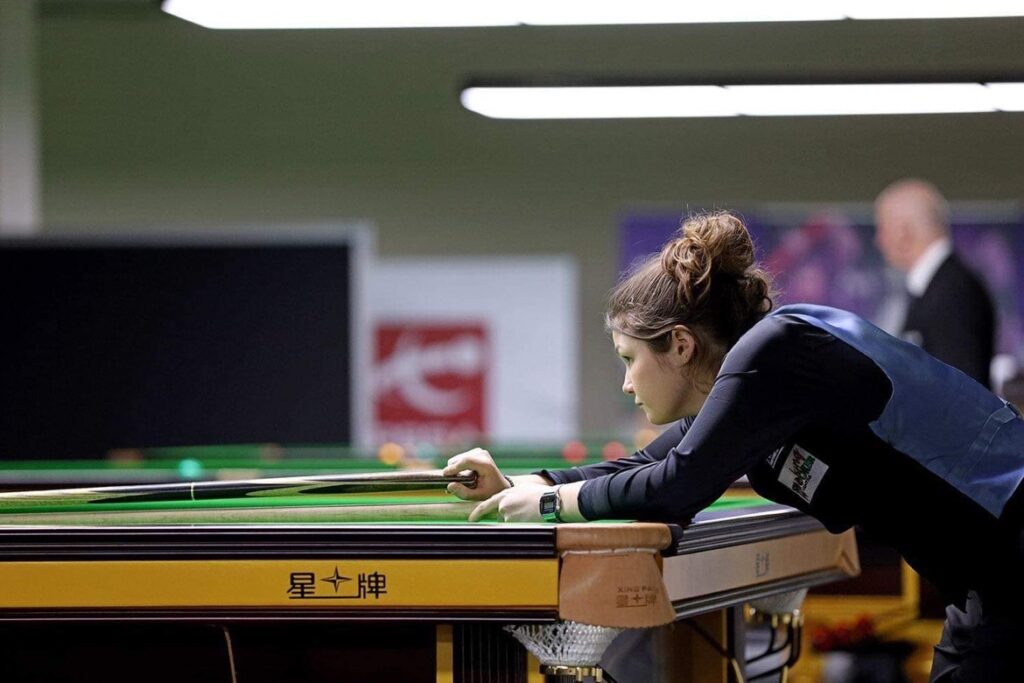
A women’s tour would mean “better exposure, more funding, [and] fairer opportunities, all resulting in the most important thing which is more and more women playing the game,” she says.
Organisations like World Women’s Snooker (WWS) want to address the lack of representation for women in the sport. They run their own development tour and competitions, like the World Women’s Snooker Championships. This encourages more female participation and provides elite athletes with a pathway to compete professionally on the WST, aiming to balance the disproportionately high ratio of male to female players.
Matt Huart, director of WWS says that the organisation provides a “platform for players to be able to promote themselves and secure any personal sponsors.”
WWS supports players like Thailand’s Baipat Siripaporn, who became the 2023 Women’s World Champion earlier this year. She started playing at the age of 9 and has always loved the “charm of snooker, whether it’s the way of thinking or the calculation, planning and concentration,” which are central to the sport.
Siripaporn welcomes the challenge of competing against male players, but she is frustrated that “women’s tournaments are relatively small” in comparison to the WST, and are not technically classed as ‘professional’.
Along with many other female snooker players, Siripaporn and Bolsover are advocating for the creation of a separate World Snooker Tour for women.
Professional snooker player Ronnie O’Sullivan recently expressed his overwhelming support for this. He admits that female players “deserve so much more” than they currently have, including their own tour and recognition, rather than having to compete alongside their male-counterparts and more often than not, fall short of qualifying for the WST.
Both Bolsover and Siripaporn want to encourage young girls to give snooker a go. Bolsover says girls should not be afraid “because of any stigma about gender.” She is hopeful that a separate tour for women will be introduced to increase funding and opportunities for professional female snooker players, but also to promote a growth in the game at grassroots level, which will improve the standards, interest and funding for the sport.
Bolsover wants young girls to know that snooker is for everyone. “Just because you are female does not mean that it’s not for you. … It could become the greatest part of your life. You never know unless you try.”
You may also like: Being a leader in the face of an ACL injury epidemic
